Mr Mölzer, you have known the FPÖ actors of the “Ibiza-Video”, Johann Gudenus and Heinz-Christian Strache, for many years. What was your initial thought when you heard about the video trap?
Mölzer: That the opponents themselves do not shy away from the dirtiest means to finish or destroy the FPÖ.
Gudenus and Strache have both drawn consequences and have stood down from their posts. But why did the Interior Minister Herbert Kickl have to go? He himself says they wanted to prevent him from initiating investigations into the backers of the video.
Mölzer: If Kickl says they wanted to prevent him from investigating the backers of the video, then it is naturally true. But it’s not just about the video but also about the ÖVP looking for a cheap pretext to get rid of Kickl. You must not forget one thing: Kickl has become popular among the population, because he had adopted a consistent asylum and immigration policy.
Several FPÖ politicians saw in the release of the video “foreign interference” in Austrian affairs. Do you agree? Why was it not published by Austrian media?
Mölzer: It was and is an outrage that the video was published by Spiegel and Süddeutsche Zeitung [both German news outlets, ed.] And it was significant that [German] SPD leader [Andrea] Nahles, who was better off using her time and energy to bring her own party out of the “valley of tears,” was one of the first to call for new elections in Austria.
Despite the scandal, the losses were still limited for the FPÖ in the EU elections at the end of May. How do you explain that?
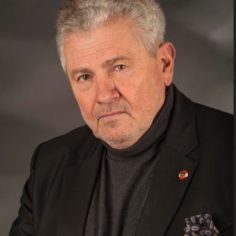
Andreas Mölzer, born 1952 in Leoben, known as the leading ideologist of the Austrian Freedom Party. Foto-AG Gymnasium Melle (CC BY-SA 3.0)
Mölzer: On the one hand, the FPÖ has a strong and loyal electorate, and on the other hand, many were outraged, especially since the video was indeed published in German media and it is obviously a brazen interference in domestic affairs. And interferences from abroad are not well received by many Austrians, just think of the Waldheim affair.
In the end, the Austrian government shattered after the scandal, a vote of no confidence was brought against Chancellor Sebastian Kurz by the National Council. Some commentators even speak of a “coup” in this context …
Mölzer: It was not a “coup”, but Kurz blew himself up. He did not abide by the agreement reached after Strache’s resignation that the ÖVP-FPÖ government would continue with a Vice-Chancellor Norbert Hofer and instead called for new elections. And with the dismissal of Kickl as Minister of the Interior, Kurz had crossed the last red line.
Herbert Kickl emphasizes that the ÖVP-FPÖ government has been successful and popular with the Austrians. In your opinion, what are the greatest successes but also failures of this coalition?
Mölzer: The biggest successes were certainly in the consistent asylum and immigration policies. Measures to strengthen Austria as a business location were implemented in economic policy. In education and social policy, the idea of performance was strengthened, for example, away from the social safety net. And also in family policy, important signals were sent out with the family bonus.
The failure of the coalition is the failure caused by the ÖVP and Kurz. Not only can not further measures in the field of migration policy be implemented, but it is also more than questionable as to whether tax reform will be addressed. And even worse: The ÖVP has already begun to reverse initial reforms by Interior Minister Kickl.
What do you think about assumptions that a secret service could be behind the planning and implementation of these videos? Which intelligence agencies might have had an interest in it?
Mölzer: That intelligence agencies were involved in the trap is quite likely. Which one it was, can be difficult to say at the moment: Maybe it was the [German] BND, perhaps the [Israeli] Mossad, but it can not be denied that perhaps the Austrian domestic intelligence service BVT was involved through certain individuals.
What does the Ibiza video generally mean for the FPÖ? Do they need an “inner renewal”, as some say, or are the resignations of Gudenus and Strache sufficient?
Mölzer: An internal renewal would not be bad. Just as Jörg Haider inititated the Buberlpartie [boys club], under Strache it was something like disco, party and Ibiza. It would therefore certainly not hurt the FPÖ if it strengthened its serious-politician image.


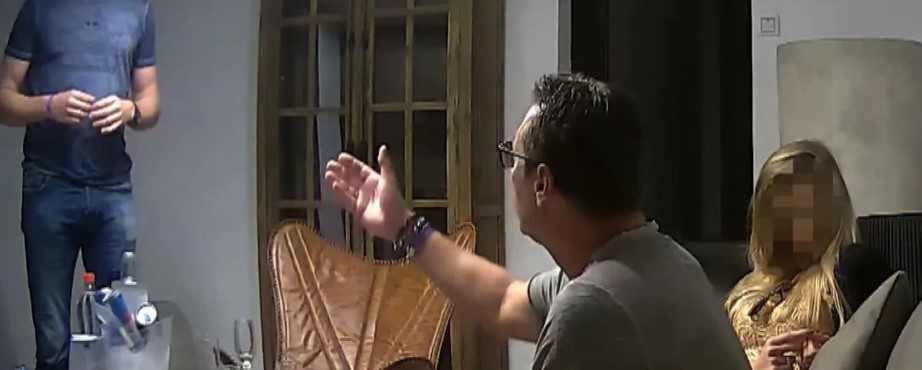
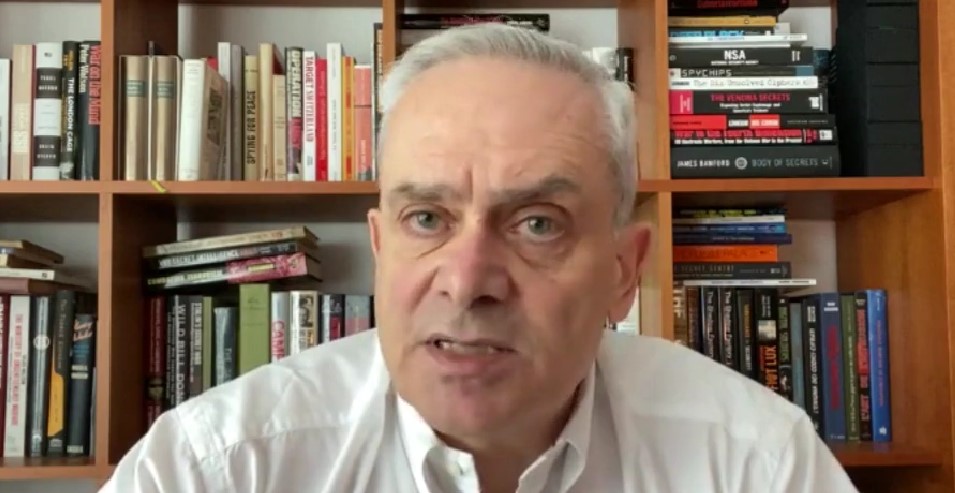

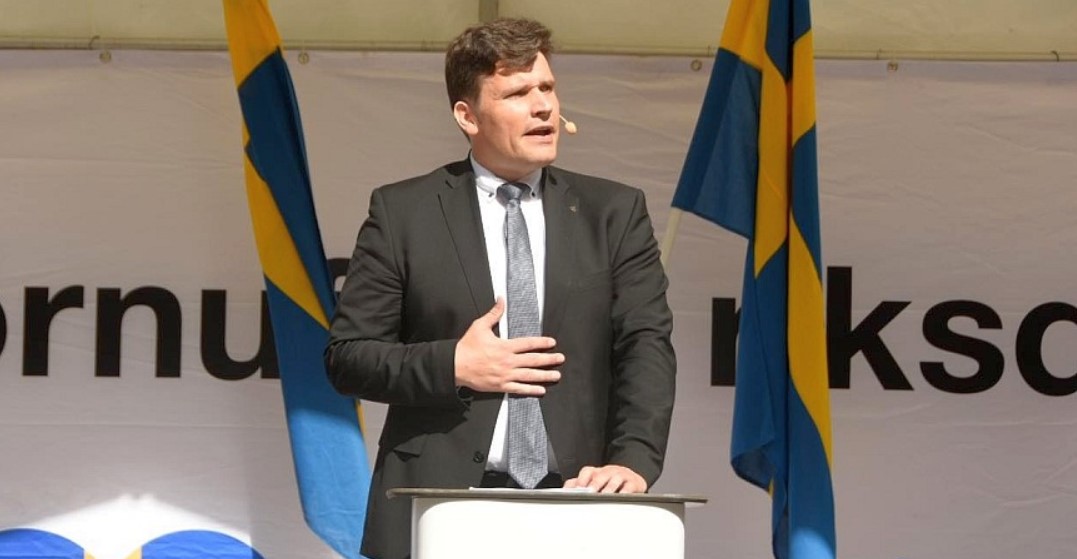



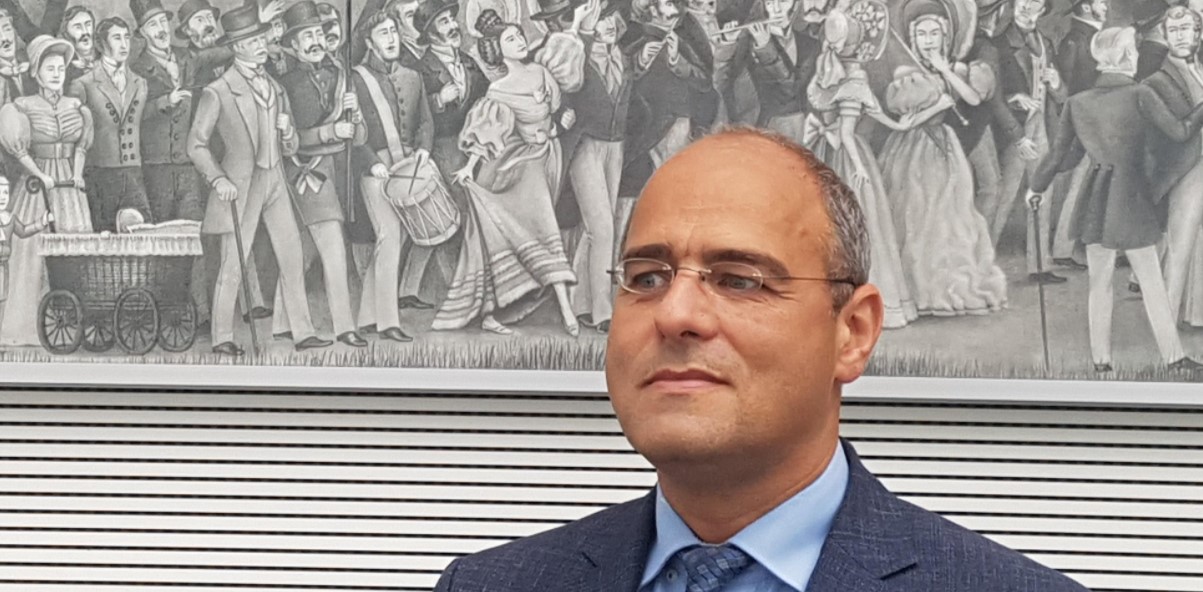
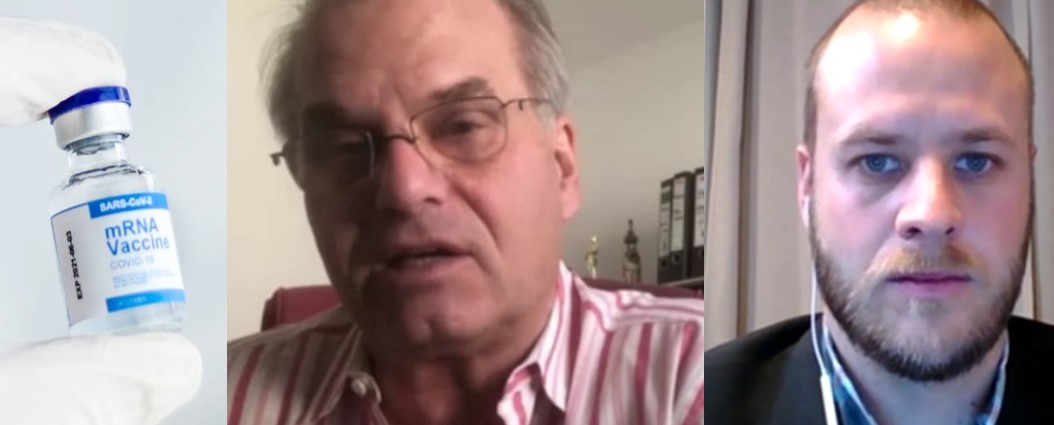
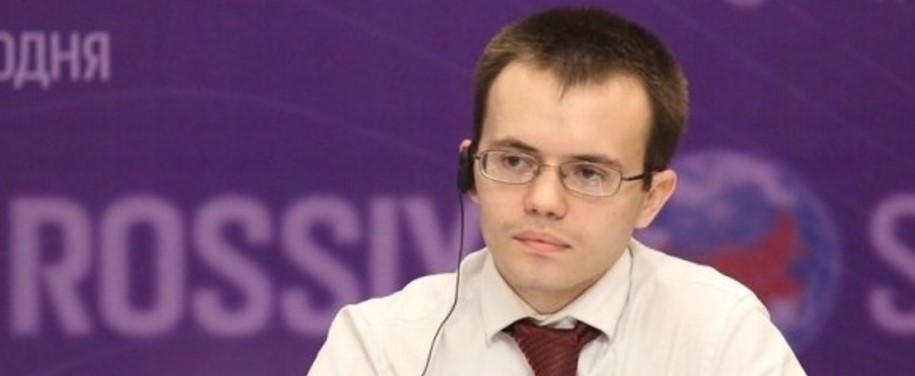
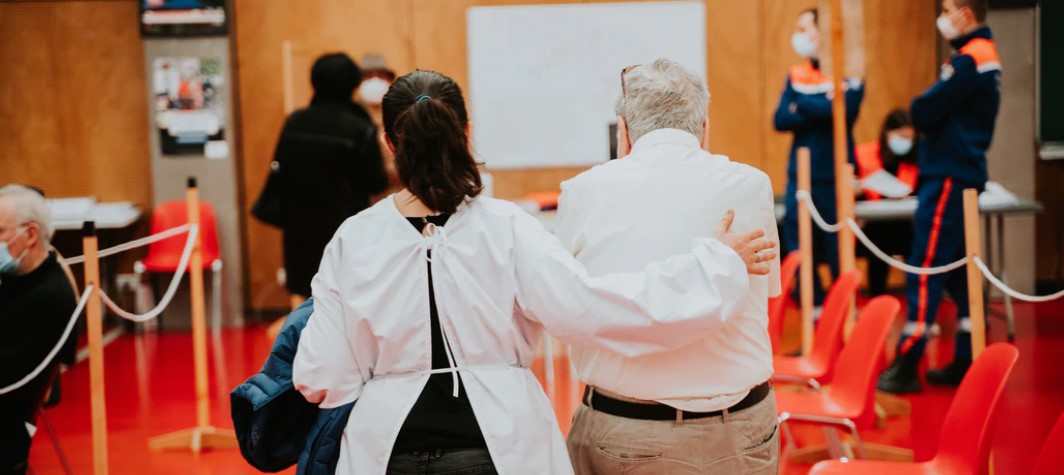
No comments.
By submitting a comment you grant Free West Media a perpetual license to reproduce your words and name/web site in attribution. Inappropriate and irrelevant comments will be removed at an admin’s discretion. Your email is used for verification purposes only, it will never be shared.